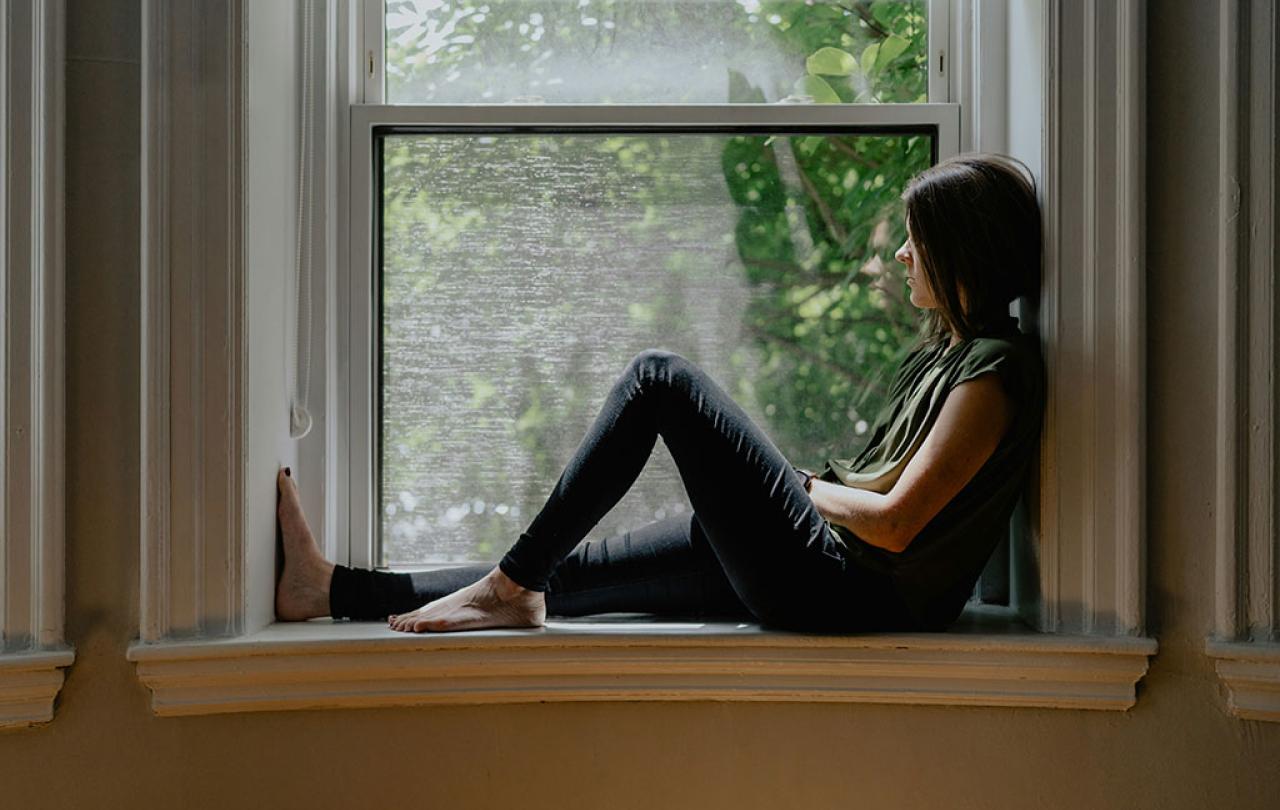
Listen now
This week week Elizabeth Wainwright asks whether the Google impulse started in the Garden of Eden - to know all immediately; Mark Meynell visits Ukraine and tells us a bit about "normal" life there; James Cary considers what the dragon-slaying St Michael might have to say about our culture's battle between good and evil.





